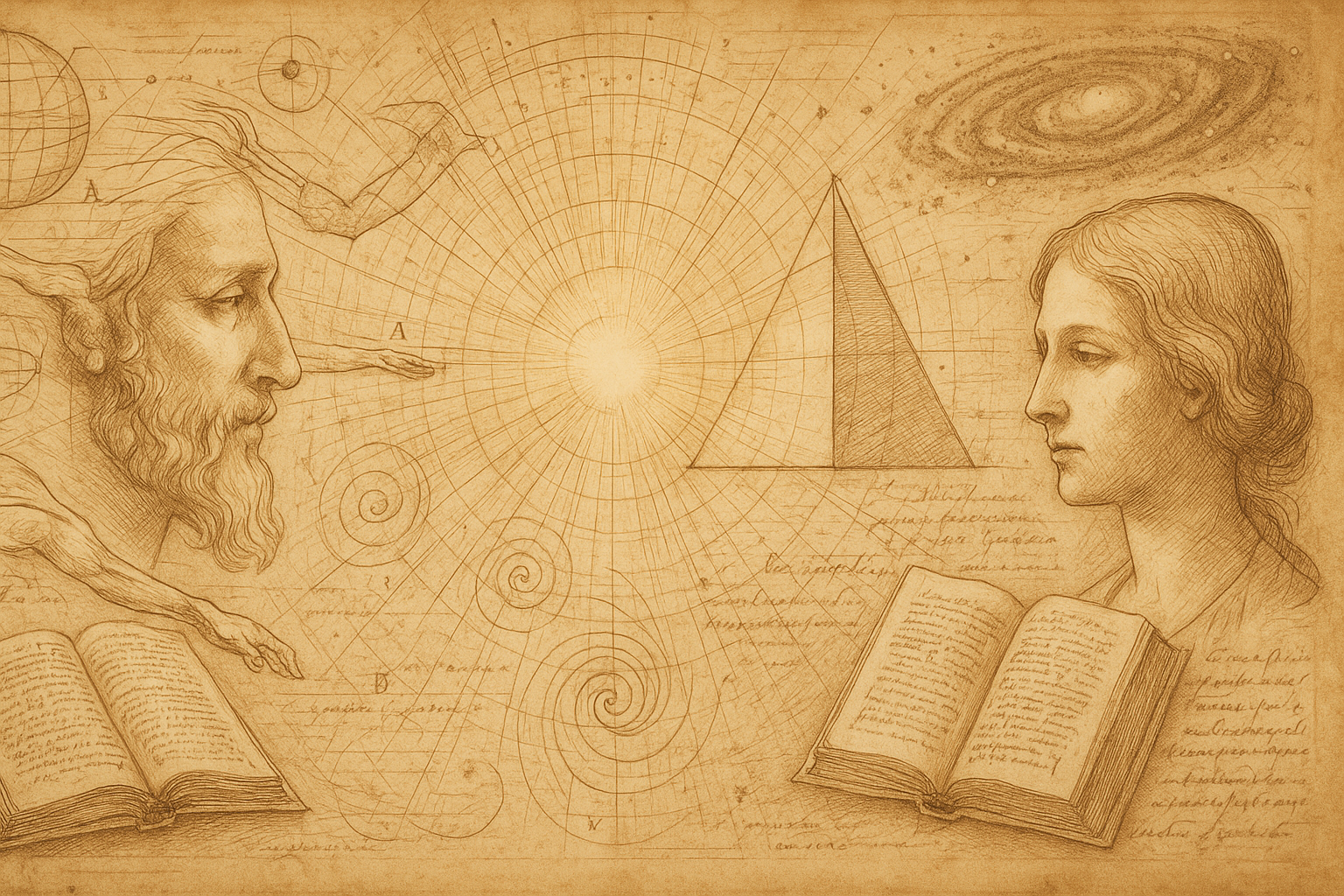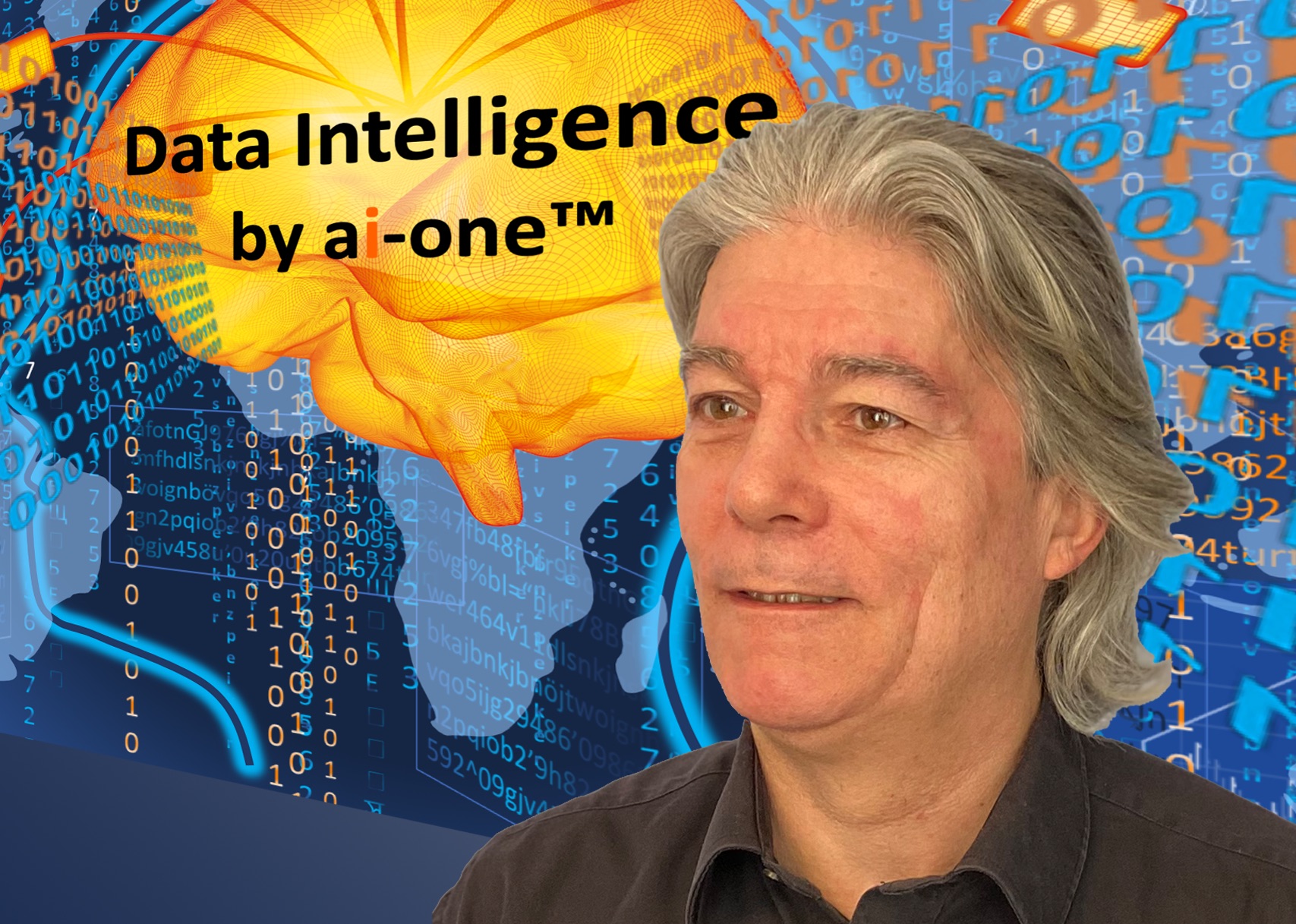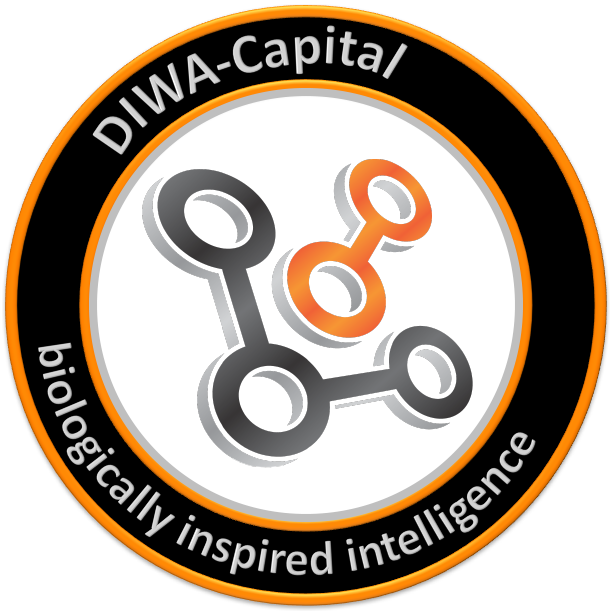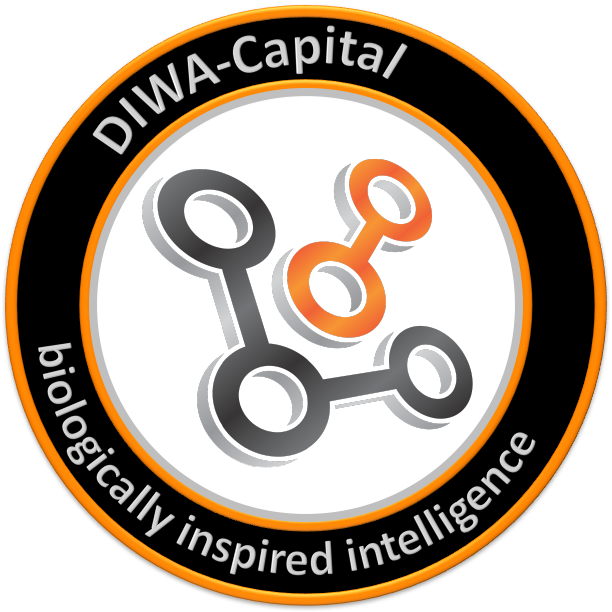No progress without courage
No triumph without risk
Imagining the future in the context of artificial intelligence is a challenge. We look to the past for guidance, yet AI evolves at a pace that outstrips familiar frames of reference.
We know it will transform work, education, culture, and daily life. But what this world will truly look like remains uncertain: we are stepping into a landscape that changes even as we enter it.
That is why courage, responsibility, and creativity are essential. To understand AI is not only to master its technology, but to see it as a mirror of our values and visions. The future remains hard to imagine — until we begin to shape it.

Walt Diggelmann
Entrepreneur ● Futurist ● Visionary
It is the restless souls who do not accept the obvious, who question everything and everyone, who quietly search for new truths.
Conventions are foreign to them, and they are at their most alive when they are lost in the tunnels of discovery.
You can admire them, argue with them, but you cannot ignore them.
Where others see walls, they see open doors. And while many call them difficult, autistic, or even naive, we call them visionaries.
They try what once was thought impossible, and they dare to do what others could not even imagine.


Vision 2035
In ten years, AI will no longer be a tool we use - it will be a natural part of our lives, as obvious as language or electricity.
AI will not replace us, but expand us. It will help us to unravel complex problems that have previously seemed unsolvable: from curing rare diseases to developing climate-neutral technologies to distributing global resources more fairly.
The work of the future will be more creative, more human, and more connected. Routine will disappear, and what remains will be the search for meaning, the creation of relationships, and the creation of new ideas. People will focus on what makes us unique: empathy, creativity, responsibility.
Education will have changed radically: children and adults will learn together with AI, in a continuous dialogue that takes into account individual strengths and leaves no one behind. Knowledge will no longer be hoarded, but shared, explained, and recombined in the moment of need.
Socially, AI will build bridges: languages, cultures, and distances will lose their power to divide. We will understand each other faster, deeper, and more directly. The world will become more connected - and thus more vulnerable - but also more resilient, because AI will help us to recognize patterns before crises escalate.
The great challenge will be not to sacrifice ethics and humanity to efficiency. AI can optimize almost everything - but it needs


